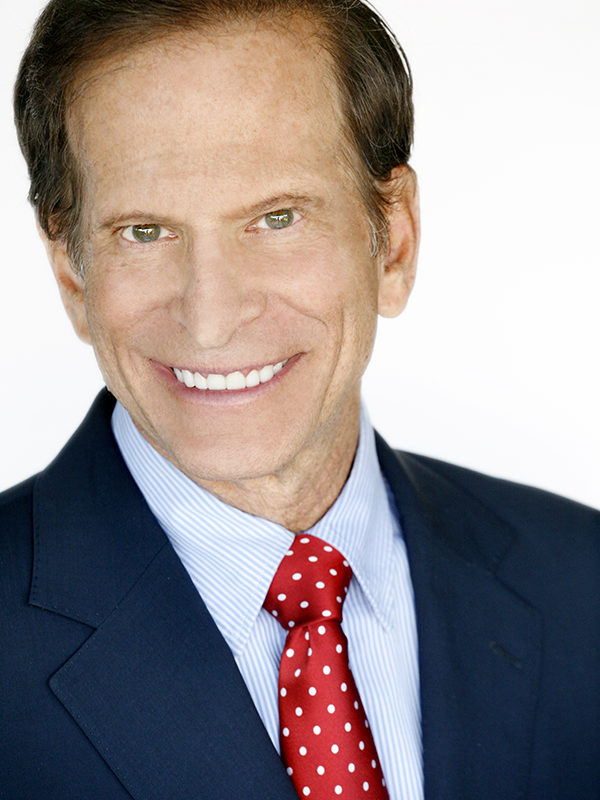
USC Stem Cell Ambassador Richard Merkin is the founder of the Heritage Provider Network, which, under his leadership, became the largest physician-owned and operated integrated delivery system in the United States. He sits on the boards of many colleges and universities, including the Board of Overseers at the Keck School of Medicine of USC, and is known as much for his philanthropy as for his leadership in the health care field. The Merkin Family Foundation recently established four assistant professorships in regenerative medicine at USC.
Q: You have made several donations to the Keck School of Medicine of USC over the years. Why have you supported this institution for so many years?
A: My entire career has focused on my desire to ensure that, as a society, we are able to provide high quality health care to all of our citizens. Because of the way care is delivered in this country, we spend far too much on care and not nearly enough on prevention and discovery. I believe that, through my support for the Keck School, we will be able to advance the discovery of cures to advance this effort.
Q: Most recently, you funded four assistant professorships in regenerative medicine. Will you tell us a little about what interests you about regenerative medicine?
A: As we are all aware, our population is aging and there has been a dramatic increase in chronic disease. Regenerative medicine offers the greatest promise to allow us to move beyond the same solutions we have used for years, which are no longer proving effective. Regenerative medicine isn’t new, but USC’s research centers are making strides in tomorrow’s clinical advances and innovative research projects.
Q: You chose, with this gift, to support the work of junior faculty. Can you explain what was behind that decision and why you think it is just as important to support junior faculty?
A: Some of the greatest breakthroughs come from younger individuals precisely because they have not been taught that there is only one way to think about a solution to a problem. Einstein was 26 years old in 1905 when he published four papers that changed our views of space and time. The lifeblood of scientific innovation is the fresh views that come from young, passionate, hardworking, talented scientists.
Q: What core values you look for in the institutions that benefit from the Merkin Family Foundation?
A: I look for institutions that care as deeply as I do about making world changing differences in the areas I care most about – the health of our citizens, education and young people. Society depends on providing a solid educational background to the young, as well as assuring that they have the best health care available so they can take advantage of the opportunities afforded to them.
Q: What advice would you give medical students about practicing medicine in the 21st century?
A: Treatments are changing. The method of paying providers is changing. Technology will revolutionize the practice of medicine, from how it is practiced to where it is practiced. Medicine will be much more about how we holistically care for the entire individual to keep them well, rather than what we can do after they have become ill.
